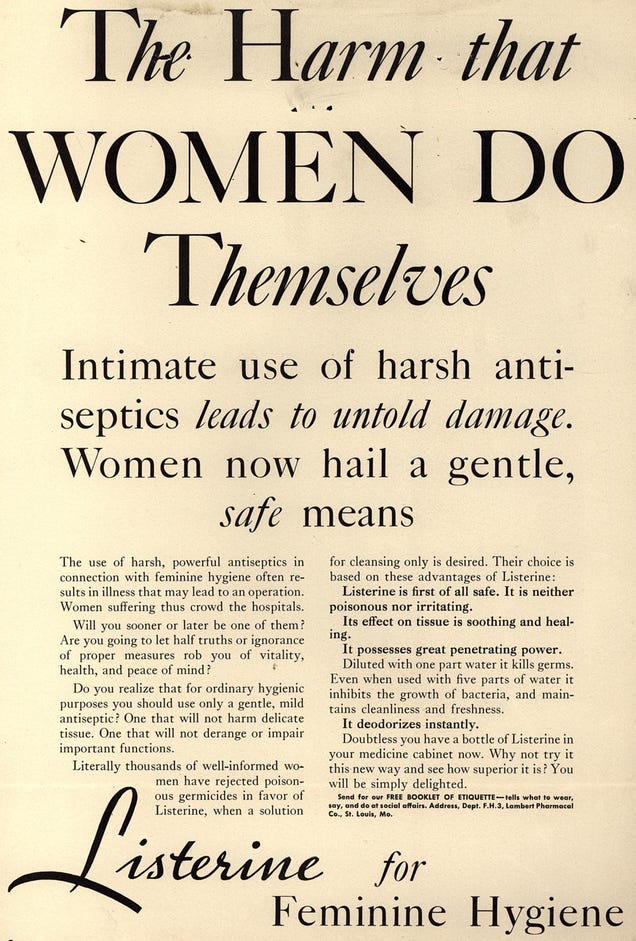Hygiene is important, especially during global pandemics; right now all the memes and government advice bulletins are focused on hand washing but if I see one more version of the 20 seconds hand wash poster or video of kids poking bowls of wet pepper I’m going to go full Lady Macbeth. So rather than jump on that bandwagon I thought we could talk a little bit about oral hygiene. 1[Note to self, that other post you just thought of writing is definitely one you should start working on.]
Teeth are amazingly weird. You know how you lose your baby teeth, and then new teeth grow in? Those permanent adult teeth started developing in utero when you were at about 20 weeks gestation- around the size of a sweet potato, then they just hang about waiting in your skull for years until the milk teeth get out the way. This leads to there being some really creepy skulls out there (as opposed to those perfectly un-creepy reminders of just how high child mortality used to be, I guess?)
Lots of creatures have way more sets of teeth, sharks keeping growing new teeth for their entire lives, it’s part of the reason why there are so many shark teeth fossils and necklaces about- they shed teeth like we shed hair. Some humans do get extra sets of teeth, but it’s unusual and often a sign of some underlying health problem. Generally your milk teeth go, your permanent teeth come in and if anything goes wrong with them for most of human history you were screwed. Teeth are the bit of the body that the Dominic Cummings of creation snuck in, planned obsolesce of individual humans2(Yes, dentures exist and they have since around 700BCE but they’re not ideal, and that’s a different history.)
So if you get a set of starter teeth to see you through the first couple of years, and then the next set are supposed to be it, they need to be looked after- brushing twice a day, every day, for two minutes. That’s not all though, now most people know they should do more than that most bathrooms contain a packet of floss and a bottle of mouthwash.
Mouthwash is such a simple idea, water down everything that’s in toothpaste and swish it around- it’s not brushing your teeth, but it is doing something. Turns out- and I’m including this because it was news to me so may be to you too- that you shouldn’t use mouthwash at the same time as you brush your teeth, it dilutes the effects of the toothpaste so is recommended to be used in the middle of the day.
One of the most famous, if not the most famous, brands of mouthwash is Listerine. It was the first over the counter mouthwash sold in the United States of America, before that it spent time being advertised as a floor cleaner, a cure for dandruff, an intimate wash to promote feminine hygiene (blergh). Please enjoy these delightful old timey adverts I found on t’internet:



The recipe for Listerine was dreamt up by Dr Joseph Lawrence, a chemist from Missouri, in 1879 who had been inspired by the work of Dr Joseph Lister 3I just noticed the similarities in their names as I wrote this out, Joseph was a super common name in the 1800s so I don’t think this is a case of too much coincidence. [Behind the Name: Joseph] to develop a new antiseptic for use in surgery.
Lister revolutionized surgery in Glasgow hospitals with some truly outrageous new methods: he made surgeons wear clean gloves for every patient (!), wash their hands before surgery (!!) and after (!!!), as well as wash the surgical instruments between uses (oh my) and insited on the operating theatre being cleaned as well (I think I need to go and lie down).
Over time people realised he was right, it’s difficult to argue against emperical evidence but good lord if the current POTUS doesn’t love to try, and his fame spread. It spread all the way to St Louis, Missouri where Joseph Lawrence decided to pay homage to the great man with his new antiseptic recipe that had uses far outside the surgical ward.
Lister continued revolutionising surgery throughout his life, he improved mastectomies and knee replacements, as well as pioneering the use of new materials and dissolvable stitches. But mostly we rememeber him by the mouthwash.
Read more:
Science History: From Barbers and Butchers to Modern Surgeons
Listerine, in their own words!
Listerine: past, present and future – A test of thyme by David H Fine
